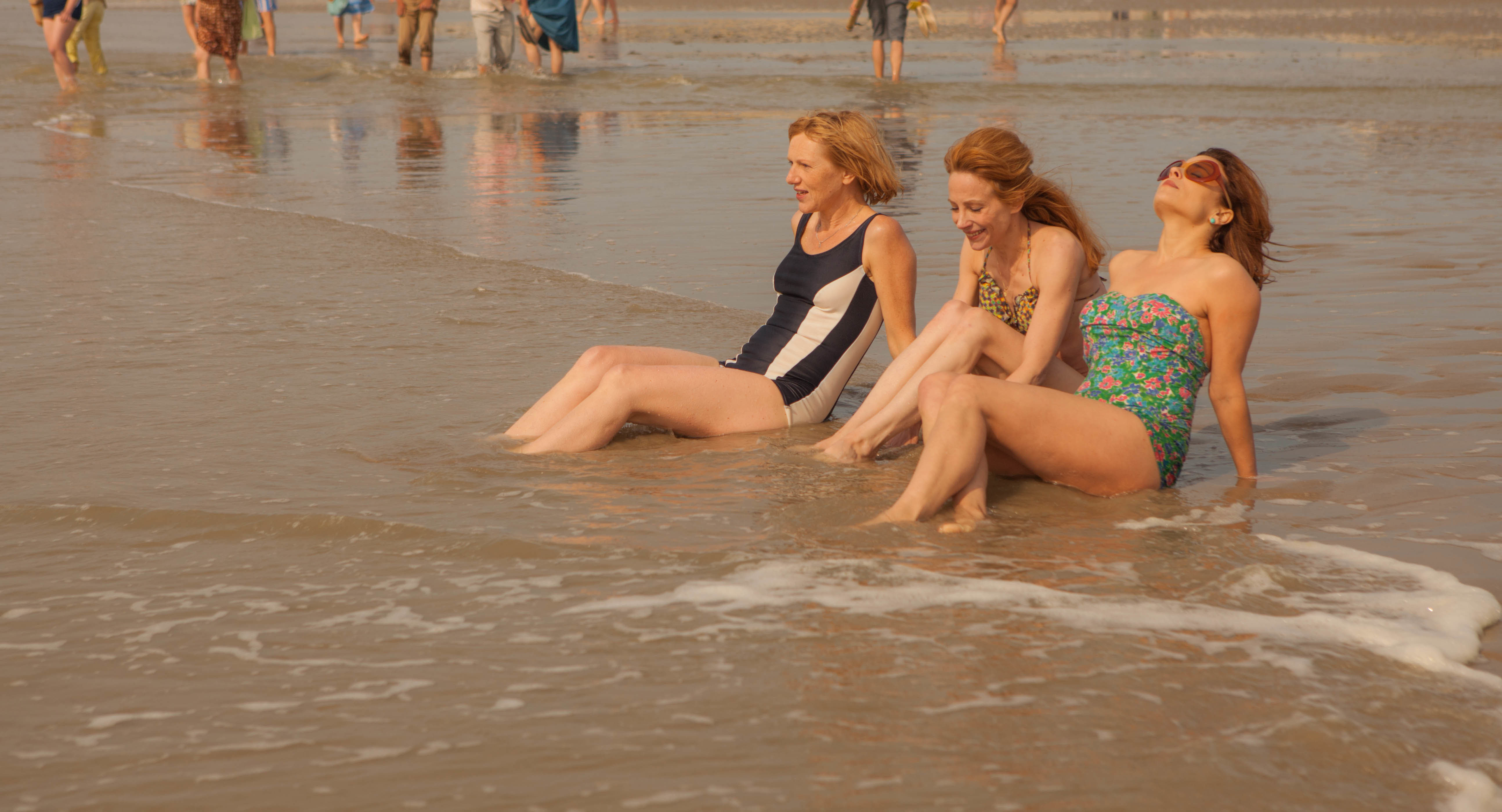A la vie (To Life)

Full Description
Back in Paris after the horrors of Auschwitz, Hélène marries her childhood crush, another survivor. Yet she keeps searching for her closest friend from the camps, Lili, a young Dutch woman. Some 15 years after the war, Hélène finally finds her. They meet for a brief holiday at Berck-sur-Mer, a seaside resort in northern France, and Lili adds a surprise: their friend Rose, thought to have died in Auschwitz, is very much alive, with a husband and children in Montreal. Savoring ice cream cones, trying on bikinis, swimming in the sea, the women resume their friendship, with occasional disagreements about what they remember. Despite high spirits, a romantic adventure for Hélène and Rose’s insistence that they not talk about the camps, remnants of the war seep into everyday life, whether through Lili’s cutting remarks or Rose’s habit of squeezing a teabag for all it’s worth. Director Jean-Jacques Zilbermann, whose films include Not Everyone’s Lucky Enough to Have Had Communist Parents (SFJFF 1996) and Man Is a Woman (SFJFF 1999), sets the women’s seaside reunion at the start of the ’60s, which, in fact, marks the end of the postwar era. The Yiddish songs the women sang in secret in Auschwitz serve as a backdrop for a story about the regenerative power of friendship.
—Sara L. Rubin
Filmmaker Bio(s)
"It's difficult to remember the hope once held by French Communists." Commented Director Jean-Jacques Zilbermann in response to audience questions after the Opening Night Castro Theatre screening.
"It is possible today for us to laugh at the characters of the film. For me, the voices of the Red Army band were a translation of enthusiasm and hope. In my house as a child, it was played all the time, it was terrible. Today the Red Army band still sings but hope is no longer in their voices."
"My father died 11 years ago, he never had a chance to see the film. When I told my mother I was going to make a film about her life she was very afraid and wanted to read the script which I refused. She had good reason to be afraid. She was so nervous before she first saw the film she took a sedative and slept through most of it. Later on after she was interviewed on radio and TV and she liked it. She was moved by the film and found my father again in the film. I too finally learned who my father was when making the film."
Jean-Jacques runs the Max Linder theatre in Paris and is already hard at work on his second feature.
Director(s)
Country(ies)
Language(s)
w/English Subtitle
Release Year
Festival Year(s)
Running Time
104
Writer(s)
Cinematographer(s)
Editor(s)
Cast
